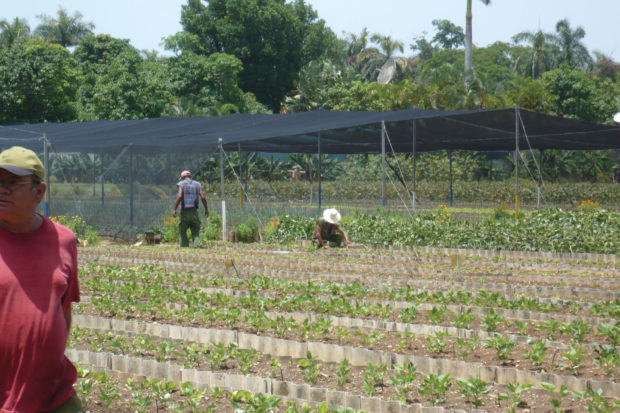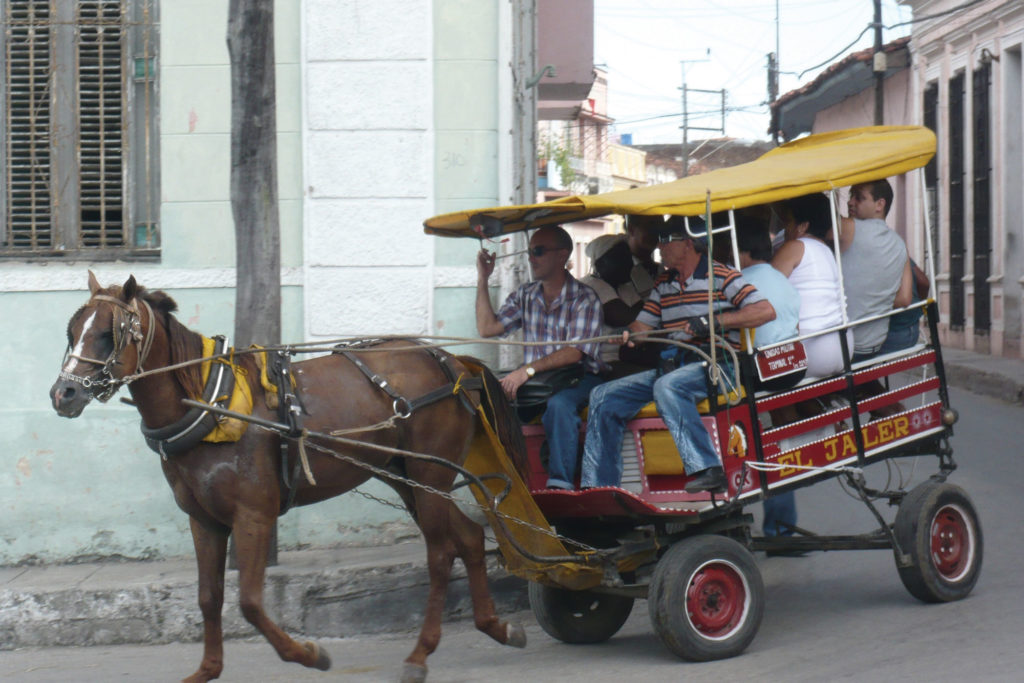
By Leni Villagomez Reeves
Energy Crisis in Cuba
Beginning in April 2019, the United States has applied “sanctions” to two companies—34 ships—that transport Venezuelan oil to Cuba, fining these companies for transporting oil from one sovereign nation to another. If they wish to continue doing business with the United States—obviously a dominant global economic power—they have to pay the fines and/or stop doing business with Venezuela and Cuba.
As a result, these tanker operators now ask $12 million—triple the previous price—to transport Venezuelan crude to other countries. This has produced an oil shortage in Cuba.
How Cuba Is Managing the Crisis
In Cuba, they are working out how to deal with this fuel crisis. They are determined to keep the schools open and the hospitals and medical facilities running normally. Until now, no electricity blackouts have occurred.
The most obvious result in people’s daily lives has been a reduction in public transportation due to lack of diesel fuel. (Few Cubans own private cars.) Bus schedules are cut way back, both in the cities and between provinces.
Small-scale production of foodstuffs locally is being increased. Fuel saving by increased use of horses and oxen for transportation, hauling and agriculture is under way. Cuba has been doing significant petroleum-free agriculture and transport since the 1990s when they faced a worse crisis with the collapse of the Eastern Bloc and the intensification of the blockade.
Special Period
During the 1990s, known in Cuba as the Special Period, there were fuel shortages causing prolonged blackouts as well as food shortages that led to serious hunger; adults lost an average of 20 pounds, although children were protected as much as possible. Vitamin deficiencies led to permanent effects, including optic neuropathy, causing central blindness.
This was a direct result of the U.S. blockade, which not only ensures that U.S. companies do not do business in Cuba but also does everything to try to prevent enterprises in other countries from doing business with Cuba either. This extraterritoriality is why it is a blockade and not an embargo.
Taking It Personally
Our government is taking measures designed to harm people in a form of siege warfare—denying necessities to a civilian population to try to force them to surrender and allow the United States to run their country.
Because of the transportation cutbacks due to fuel shortages because of the U.S. blockade of Cuba, a friend of mine could not go back to her mother’s house on the evening of her mom’s birthday because she might not get home in time to go to work the next day.
That’s what the blockade is about when it can’t cause real harm, as with an older friend with central blindness from optic neuropathy from vitamin deficiency during the 1990s. It just tries to make people’s lives crappy.
All done in our name, folks, by our government. Which I guess makes us responsible

Doing Something About It
The Pastors for Peace Caravan to Cuba is a civil disobedience action, taking people to Cuba to learn the real situation in defiance of the travel ban. “If there is a law that forbids me to love my neighbor, I want to break that law,” says Rev. Lucius Walker, founder of Pastors for Peace.
We said, “The blockade of Cuba is an unjust, immoral, cruel law, which we will not obey.”
We went to Cuba with the Pastors for Peace Caravan, carrying a big load of solidarity and other blockade-breaking stuff. We saw some of the things in Cuba that the U.S. government doesn’t want us to see:
- how a free universal healthcare system works,
- education that is free at all levels and includes everyone,
- disaster planning and relief that works and leaves no one pleading for help on rooftops as in the United States,
- religious diversity including a synagogue and a celebration of the African-based religion Regla de Ocha, and
- the Latin American School of Medicine, where students from poor families all over the world, including the United States, can study medicine free.
And much more.
*****
Leni Villagomez Reeves is a local physician and activist. Contact her at lenivreeves@gmail.com.

